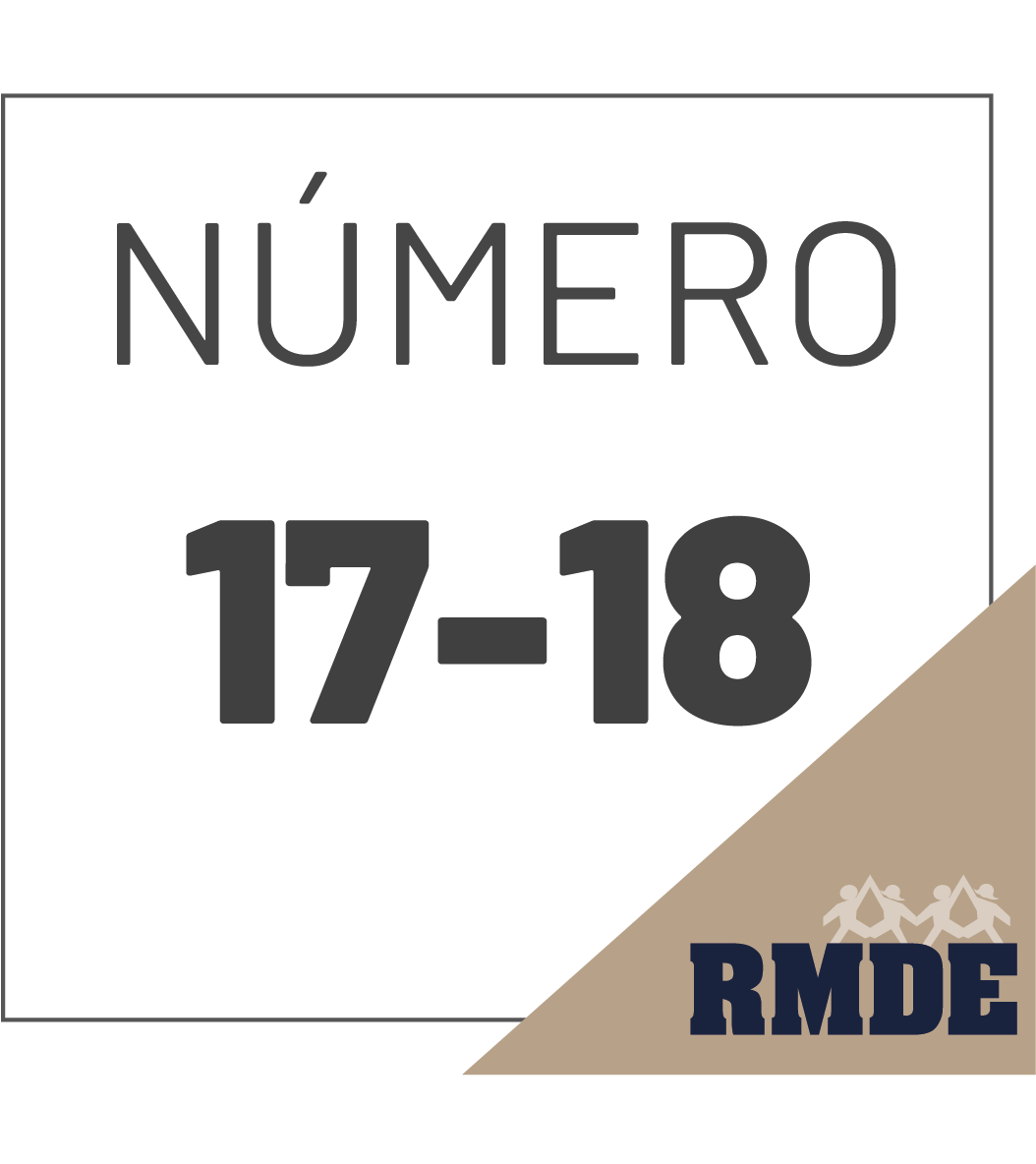Theoretical Approximations about Fakenews in Elections
This article seeks to highlight the theoretical justification of truthful information as one of the fundamental components of any democratic project. The analysis is merely normative from a Schumpeterian perspective; that is, from the instrumental democracy approach; but, without failing to consider the results of various academic works that have generated valuable empirical evidence in the field of electoral behavior and democratic systems. The emphasis is on the problem generated by the emergence of information manipulation strategies that have successfully accompanied social networks in recent elections in the western world and the study of various proposals for solutions in the light of democratic theory.
Article Details
References
Aguilar Rivera, José Antonio, Transparencia y democracia: claves para un concierto, en Cuadernos de transparencia, México, IFAI, 2007.
Campbell, James et al., The american voter, Chicago, University of Chicago Press, 1960.
Capella, Joseph N. y Hall Jamieson, Kathleen, Spiral of Cynicism, Nueva York, Oxford, 1997.
Chacón Rojas, Oswaldo, Políticos incumplidos y la esperanza del control democrático, México, Fontamara, 2009.
Fearon, James D., “Electoral Accountability and the Control of Politicians: Selecting Good Types Versus Sanctioning Poor Performance”, en Democracy, accountability and representation, Cambridge, Cambridge, University Press, 1999.
Ferejohn, John, Information and the Electoral Process, Information and Democratic Processes, Urbana, University of Illinois Press, 1990.
Ferejohn, John, Accountability and Authority: Toward a Theory of Political Accountability, en Democracy, Accountability and Representation, Cambridge, Cambridge University Press, 1999.
Fiorina, M. P., “Parties, Participation and Representation in America: Old Theories Face New Realities”, en Katznelson, I. y Milner, H. V. (eds.), Political Sciencie. State of the Discipline, Nueva York, Norton and Company, 2002.
Hardin, Russell, “Street Level Epistemology and Democratic Participation”, Journal of Political Philosophy, 10, 2002.
Key, V. O. Jr., The Responsible Electorate: Racionality in Presidential Voting, 1936-1960, Cambridge, Mass., The Belknap Press of Harvard University Press, 1967.
Laporta, Francisco J., “El cansancio de la democracia”, Claves de Razón Práctica, núm. 114, 2001.
Patterson, Thomas E., Doing Well and Doing Good: How Soft News and Critical Journalism are Shrinking the News Audience and Weakening Democracy – And What News Outlets Can do About it, John F. Kennedy School of Government, Harvard University, 2000.
Popkin, Samuel l., The Reasoning Voter: Communication and Persuasion in Presidential Campaigns, Chicago, University of Chicago Press, 1994.
Sartori, Giovanni, Teoría de la democracia. El debate contemporáneo, Madrid, Alianza, 2007.
Vallespín, Fernando, El futuro de la política, Madrid, Taurus, 2000.
Zaller, J. R., “Mónica Lewinsky’s Contribution to Political Sciencie”, PS: Political Sciencie and Politics, 31, 1998.

















